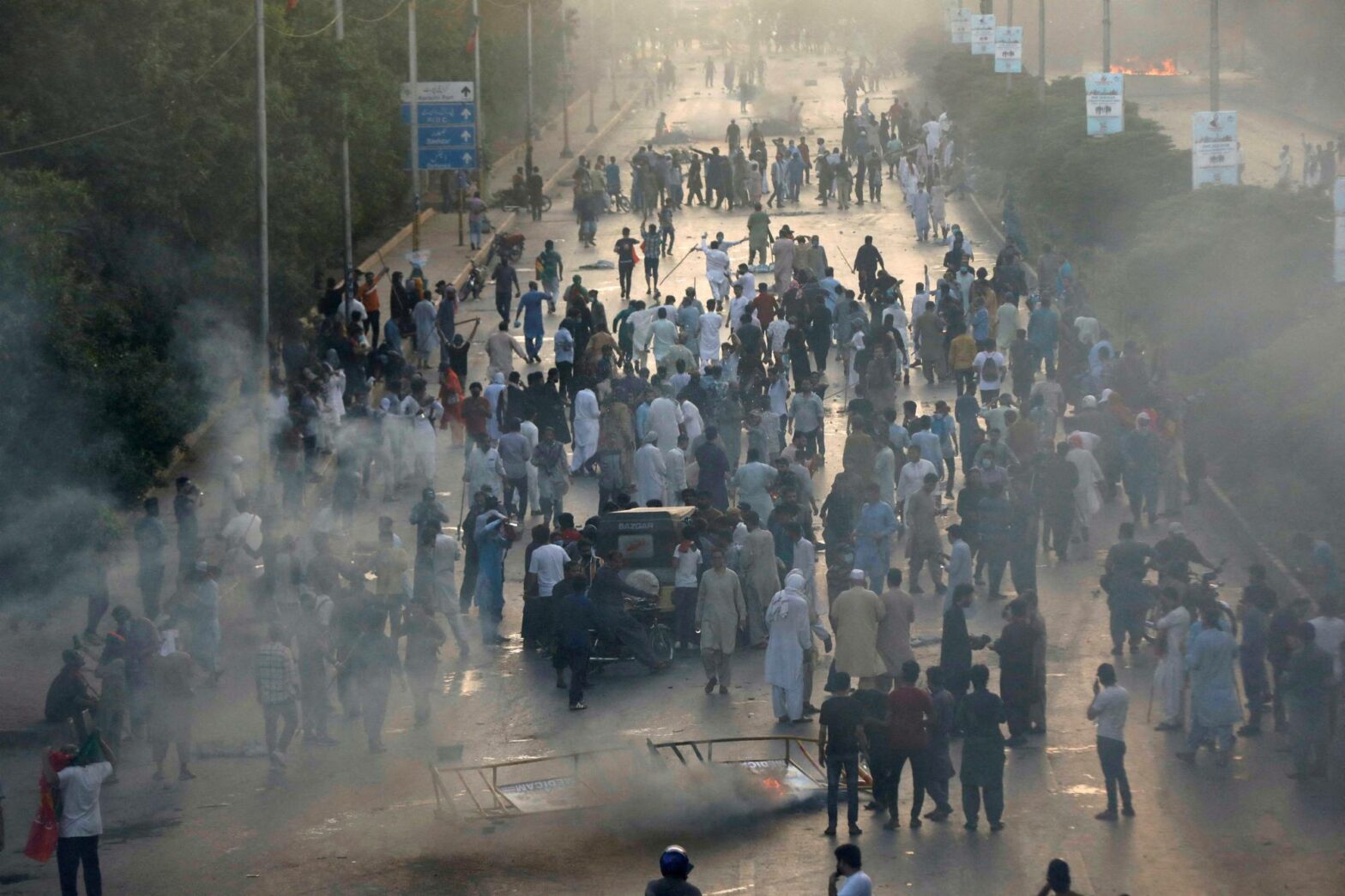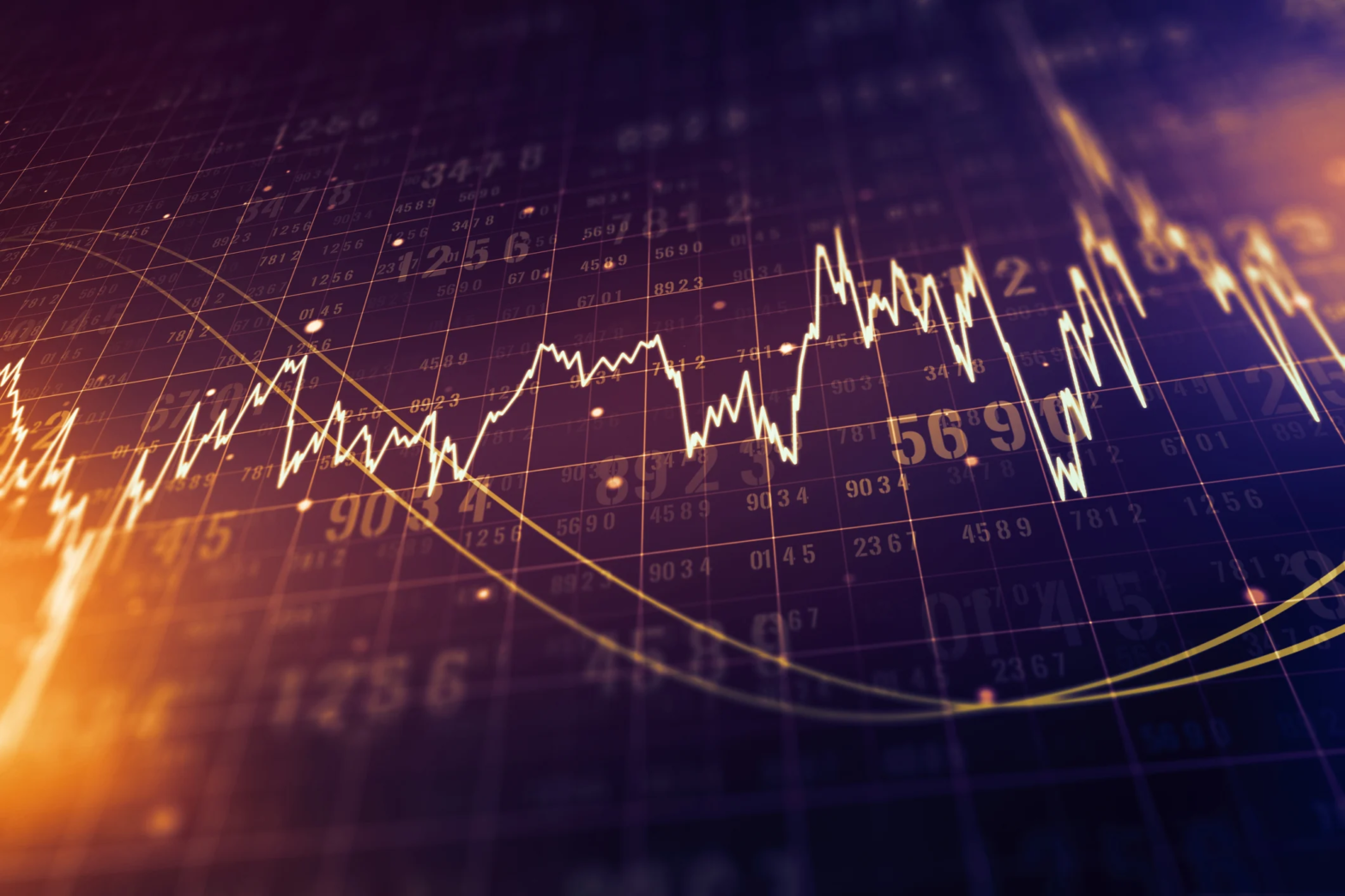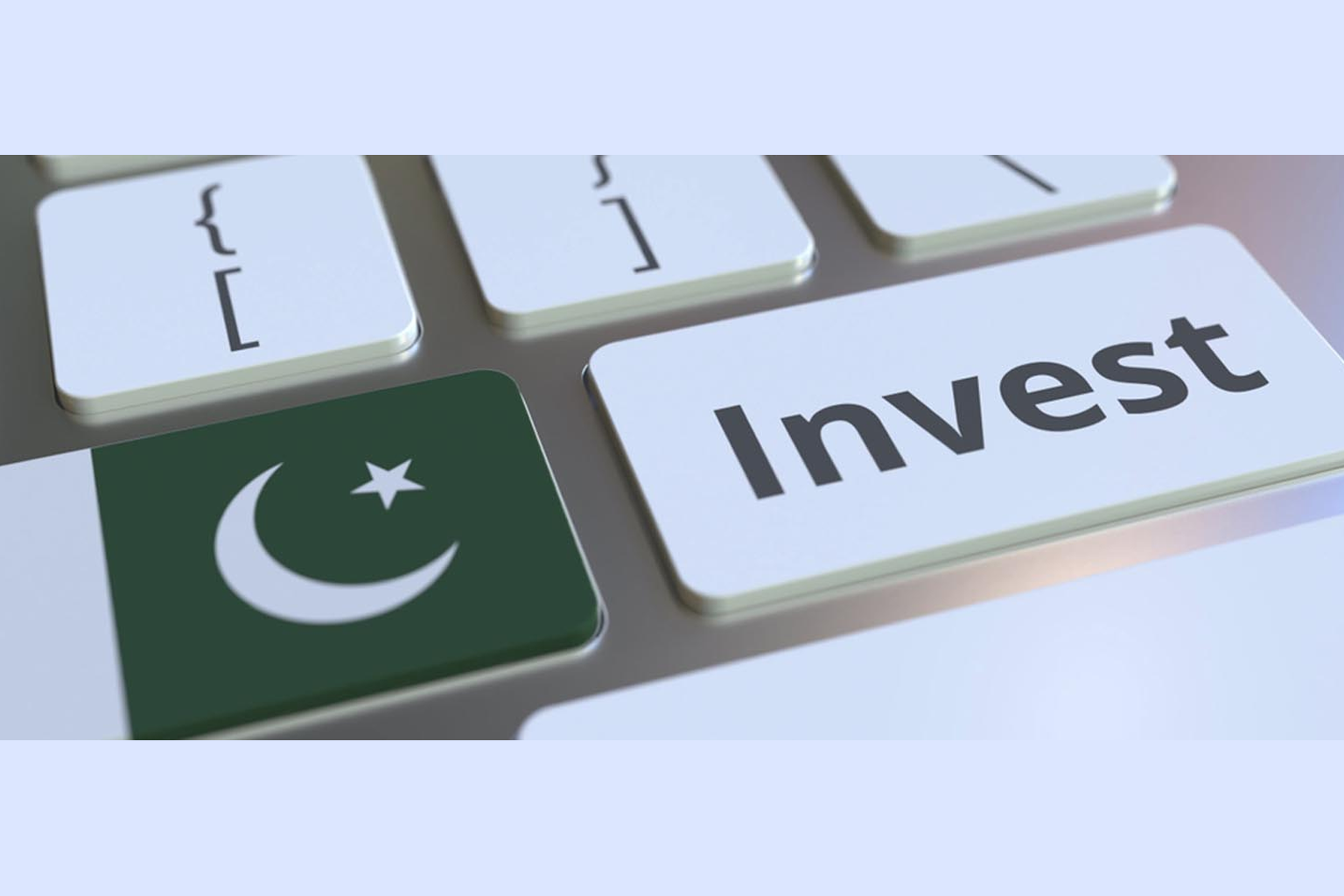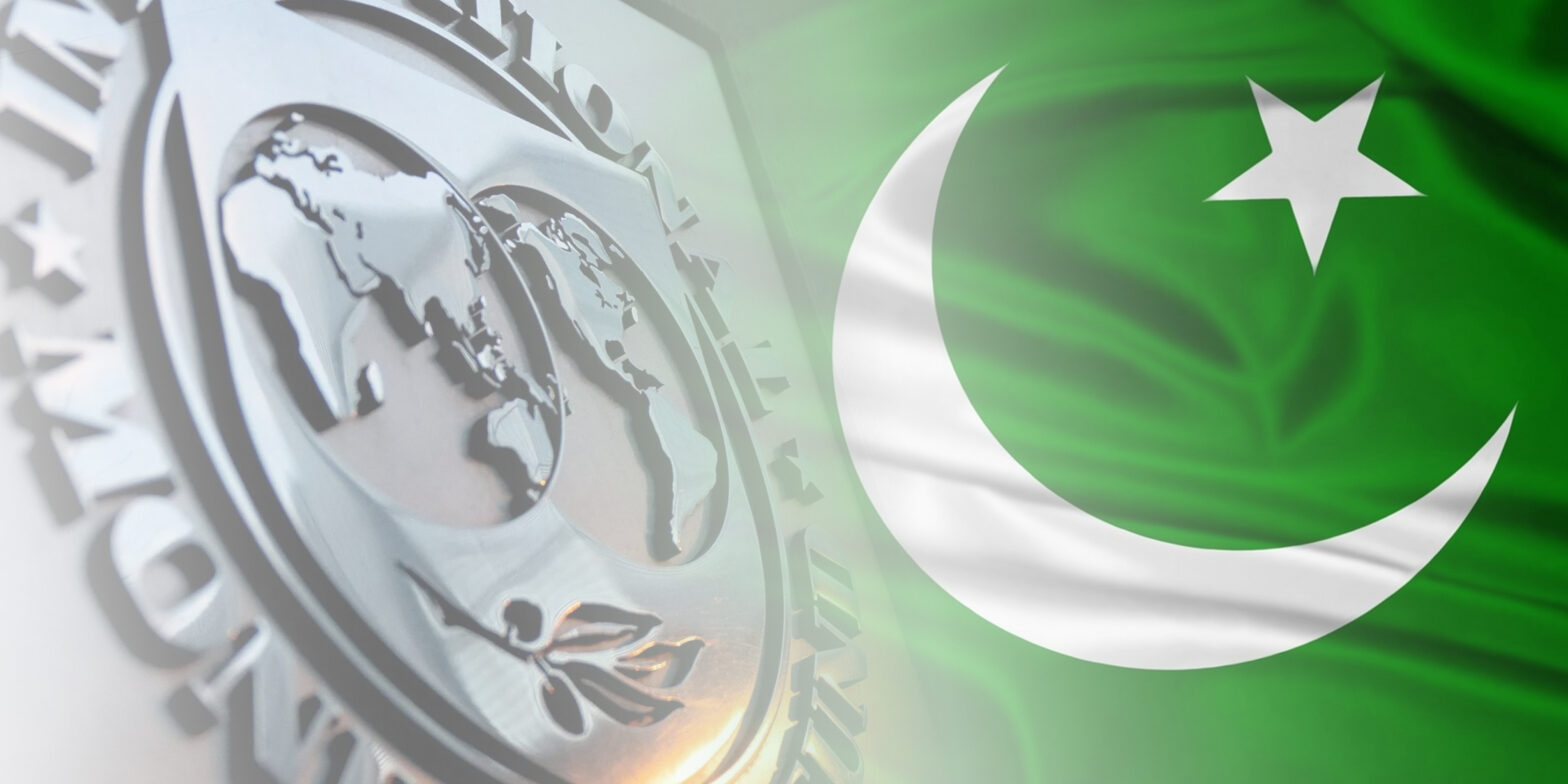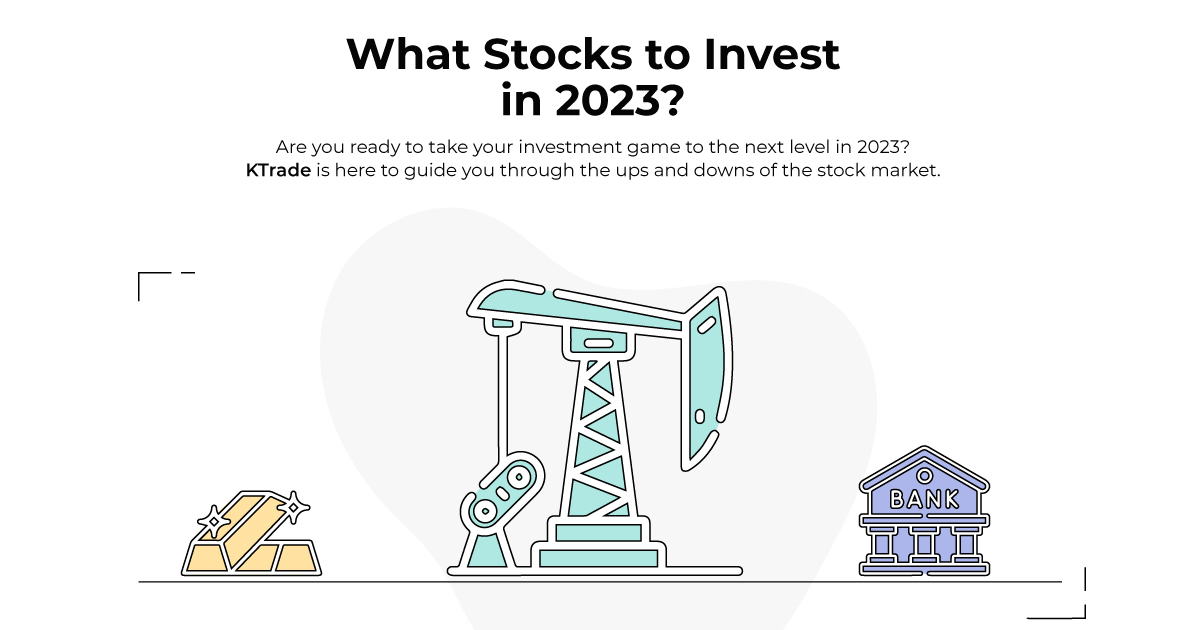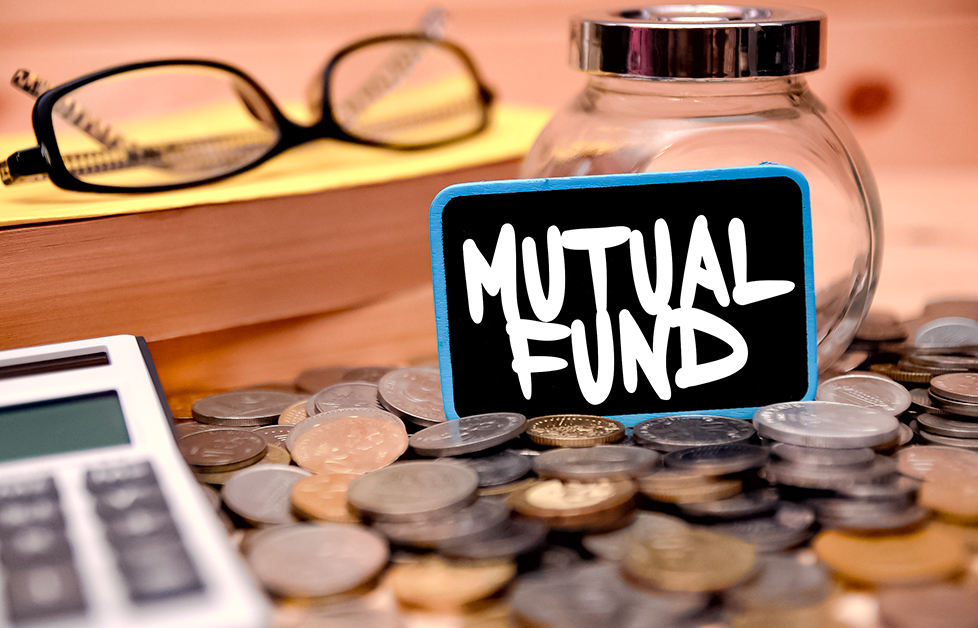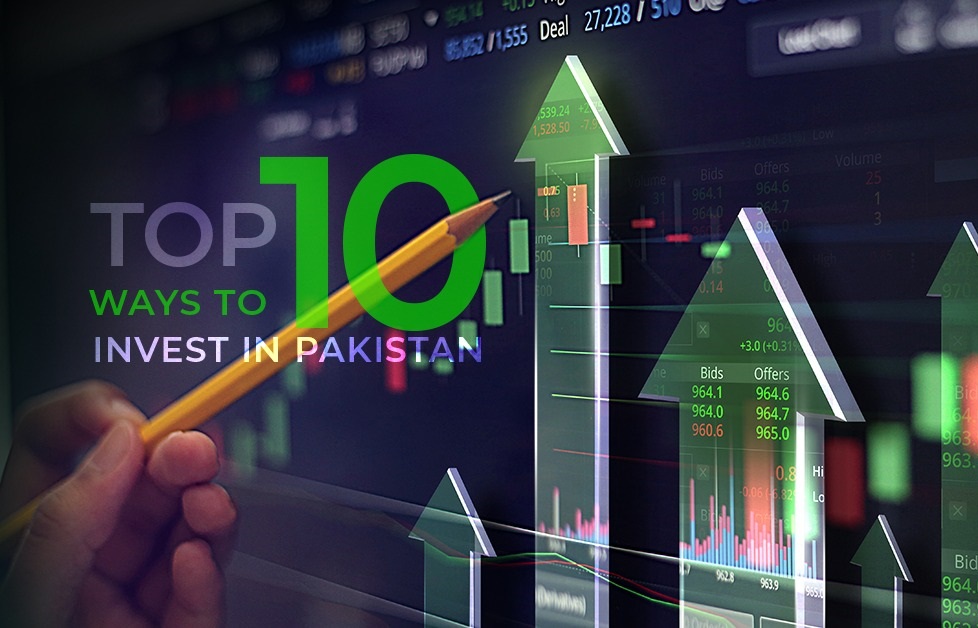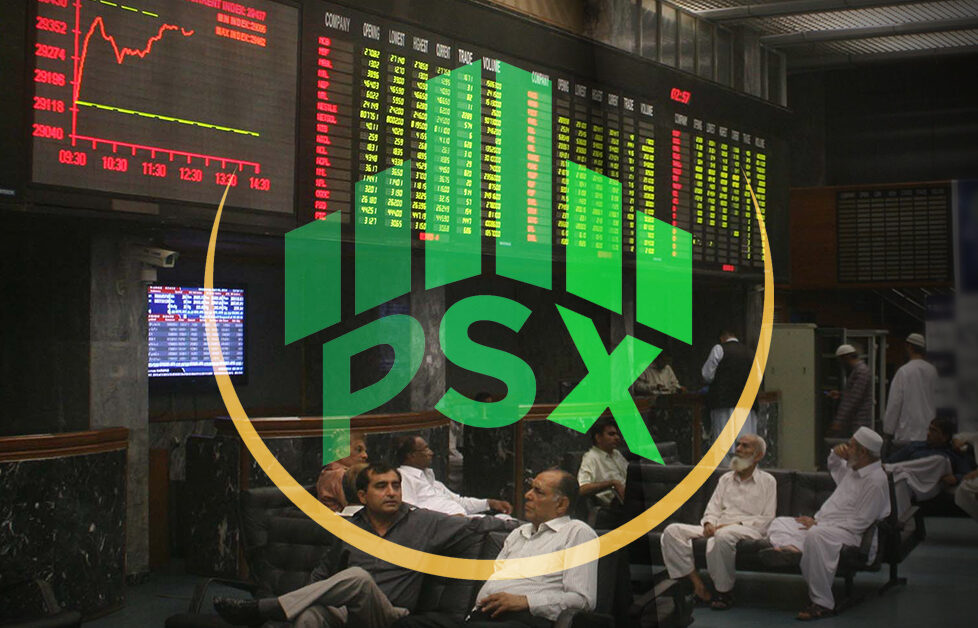Political crises often coincide with economic uncertainty. Investors begin shying away from stock markets to avoid potential losses. They tend to sell their stocks. Such uncertainty therefore often leads to increased volatility and a decrease in stock prices. A political crisis that is limited in scope and has a clear resolution may have a minimal impact on the stock market. However, a political crisis that threatens the stability of a country or region, such as a coup or civil unrest, can lead to a significant decline in the stock market.
During times of turmoil, the economic landscape usually deteriorates as delays and disagreements derail policy-making. A solid macroeconomic foundation may see the market quickly rebound once conditions stabilize. Countries with strong economies and stable financial systems may be able to weather political crises without significant declines in their stock markets. In contrast, countries with fragile financial systems may be more vulnerable to long-term damages. For detailed reports on Pakistan’s economy, visit our LinkedIn.

